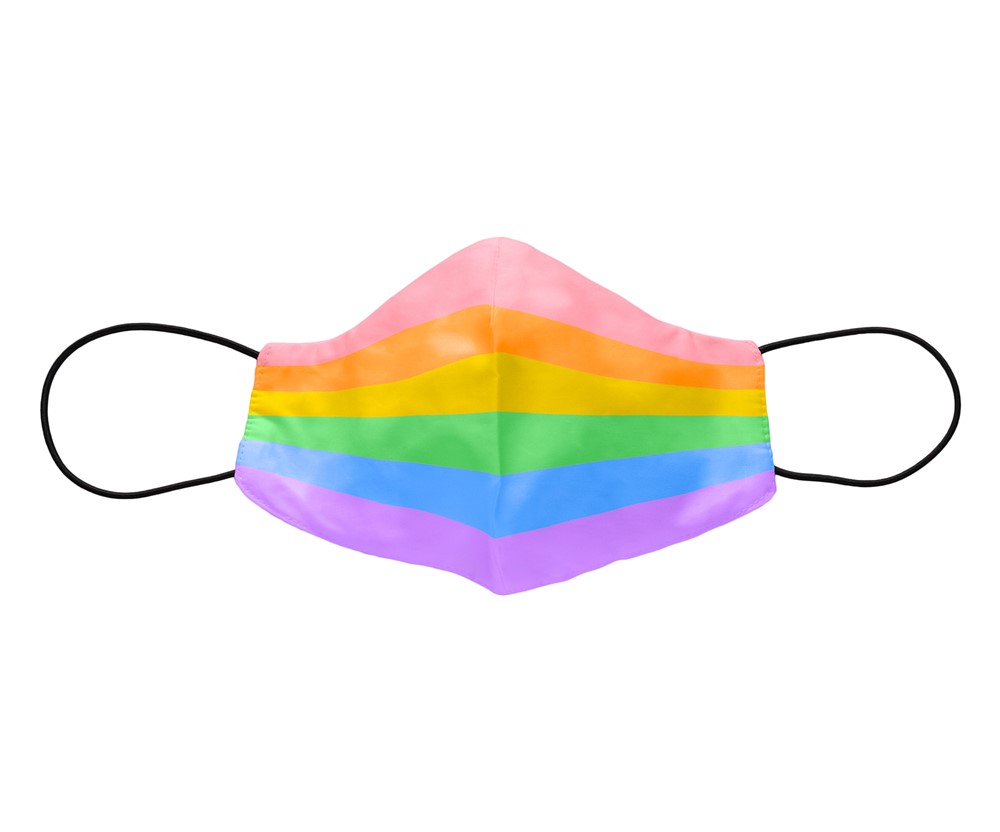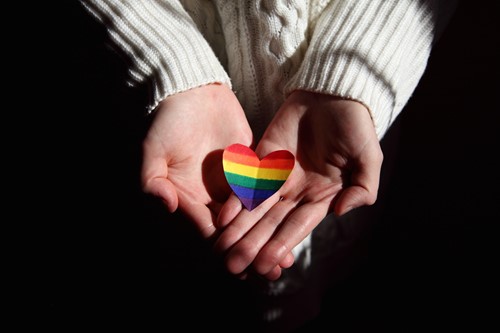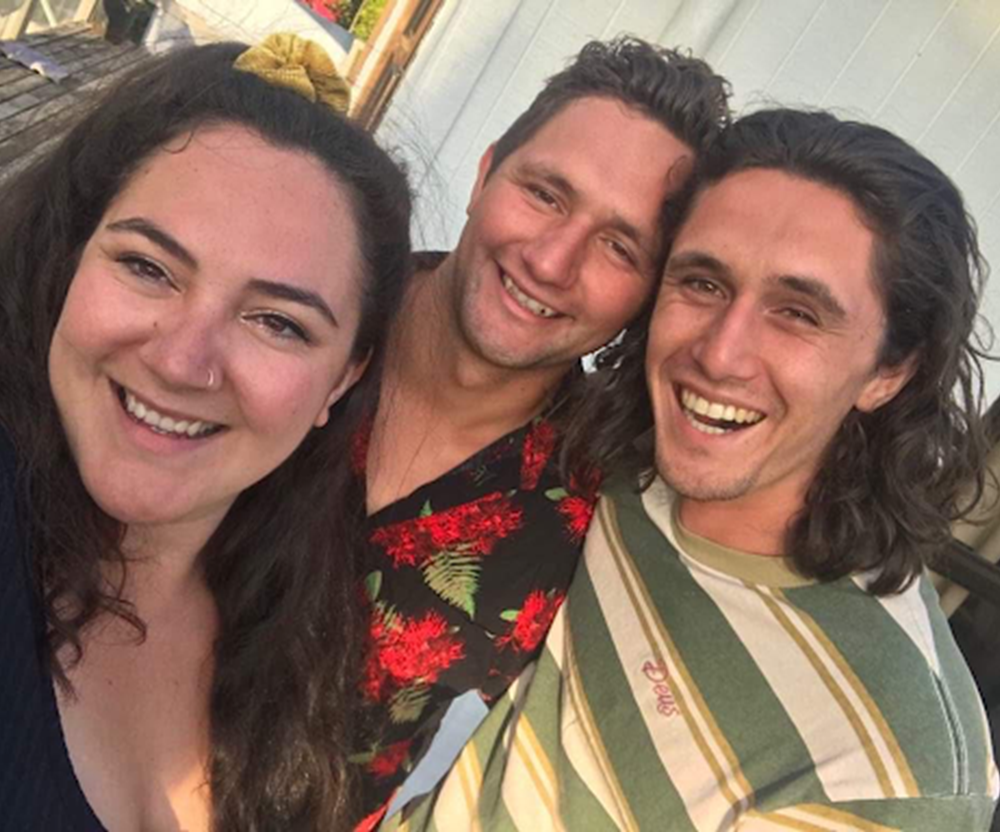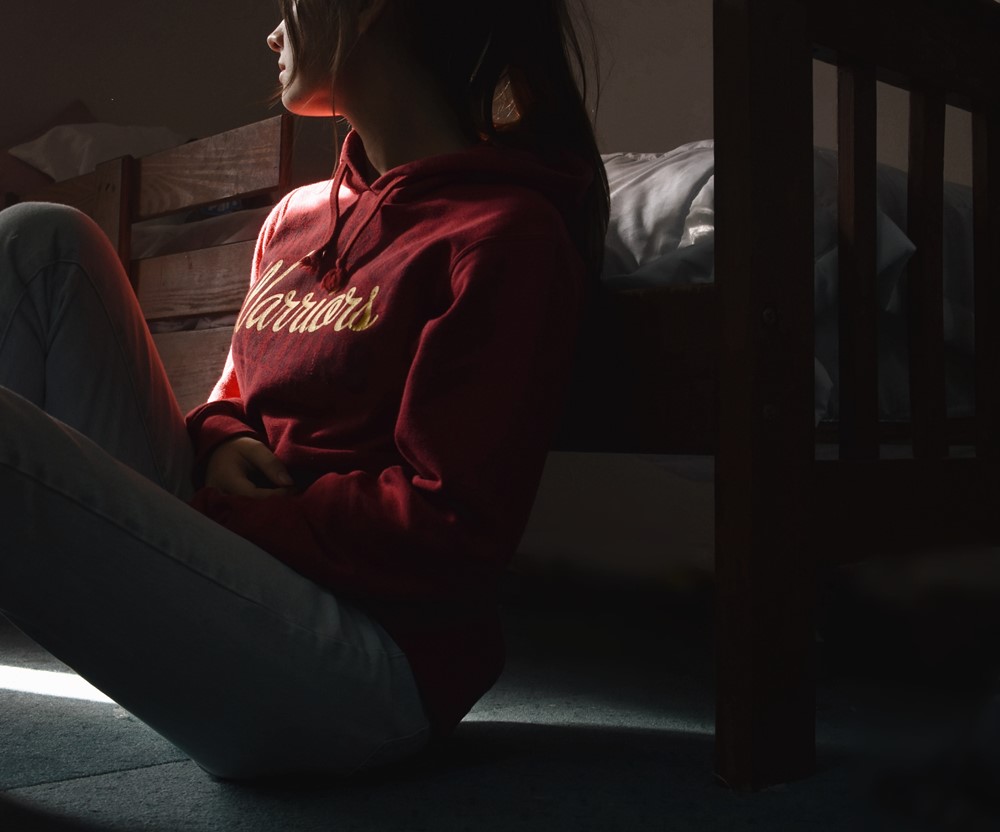
Young Rainbow people are struggling
COVID-19's impact on our rainbow youth
Categories
- Community
The results of research commissioned by The Ministry of Youth Development (Te Manatū Whakahiato Taiohi) to understand the impact of COVID-19 for takatāpui, queer, gender diverse, and intersex young people aged 16-24 years old was released this week and the findings are stark: many young Rainbow people are experiencing mental distress and they cannot access the support they need.
Rainbow young people suffer disproportionate mental distress to non-Rainbow young people because of discrimination, stigmatisation, violence, and exclusion directed to people of diverse sexualities, gender identities, and variations of sex characteristics. COVID-19 has amplified this distress. The most recent Mental Health Monitor and Health and Lifestyle surveys showed that 57% of Rainbow people reported experiencing mental distress and were three times more likely (75%) to experience mental distress in their lifetime than non-Rainbow people. 
482 young people answered an online survey about their experiences during the COVID-19 pandemic and in level lockdown 4 between 25th March and 27th April 2020 and level 3 lockdown between 12th and 30th August for people living in Auckland. The survey found that during lockdown levels 3 and 4 in Aotearoa New Zealand:
- nine out of ten (88%) respondents agreed or strongly agreed to feeling depressed/and or anxious
- 71% reported feeling isolated and lonely
- 33% used drugs and alcohol to cope
- one in ten (13%) did not feel safe in their bubble
- one in five encountered negativities towards their sexual orientation
- 14% encountered negativities towards their gender identity.
- one in ten (9%) experienced abuse
- 15% reported being harassed or bullied online
- one in two (50%) reported difficulties accessing mental health support
- 8% said they would not seek medical care or COVID-19 testing because of their sexuality, gender identity, or sex characteristics
“Basically, I’m just really scared of everything and don’t know how not to be.”
Other issues were a lack of support for education and schoolwork, trouble getting a job, struggling to find an LGBTQIA+ group, barriers to accessing devices and Wi-Fi/data, and healthcare, especially gender-affirming care. People with disabilities had trouble accessing numerous services, including food. They also were more likely to be in unsafe bubbles and experiencing abuse.
“As someone who is not out to their parents, particularly during quarantine, it was very difficult to get any help from LGBTQ+ groups over this period.”
The young people surveyed are clear on what they need to support them to have a good life:
- access to free and good mental health support services
- having their diverse sexualities, gender identities, and variations of sex characteristics accepted and celebrated
- more and a wider range of LGBTQIA+ specific support - with employment, education, and gender-affirming healthcare, appropriate emergency housing
- government action on Rainbow inequalities and to do more to make Aotearoa New Zealand a safer place for Rainbow communities
Read the full report here.
And shout out to one of our amazing Y25 2021 - Selu Kian Faletoese who was one of three research assistants for the project and were instrumental in making sure the research was relevant to young people.
Read more like this




